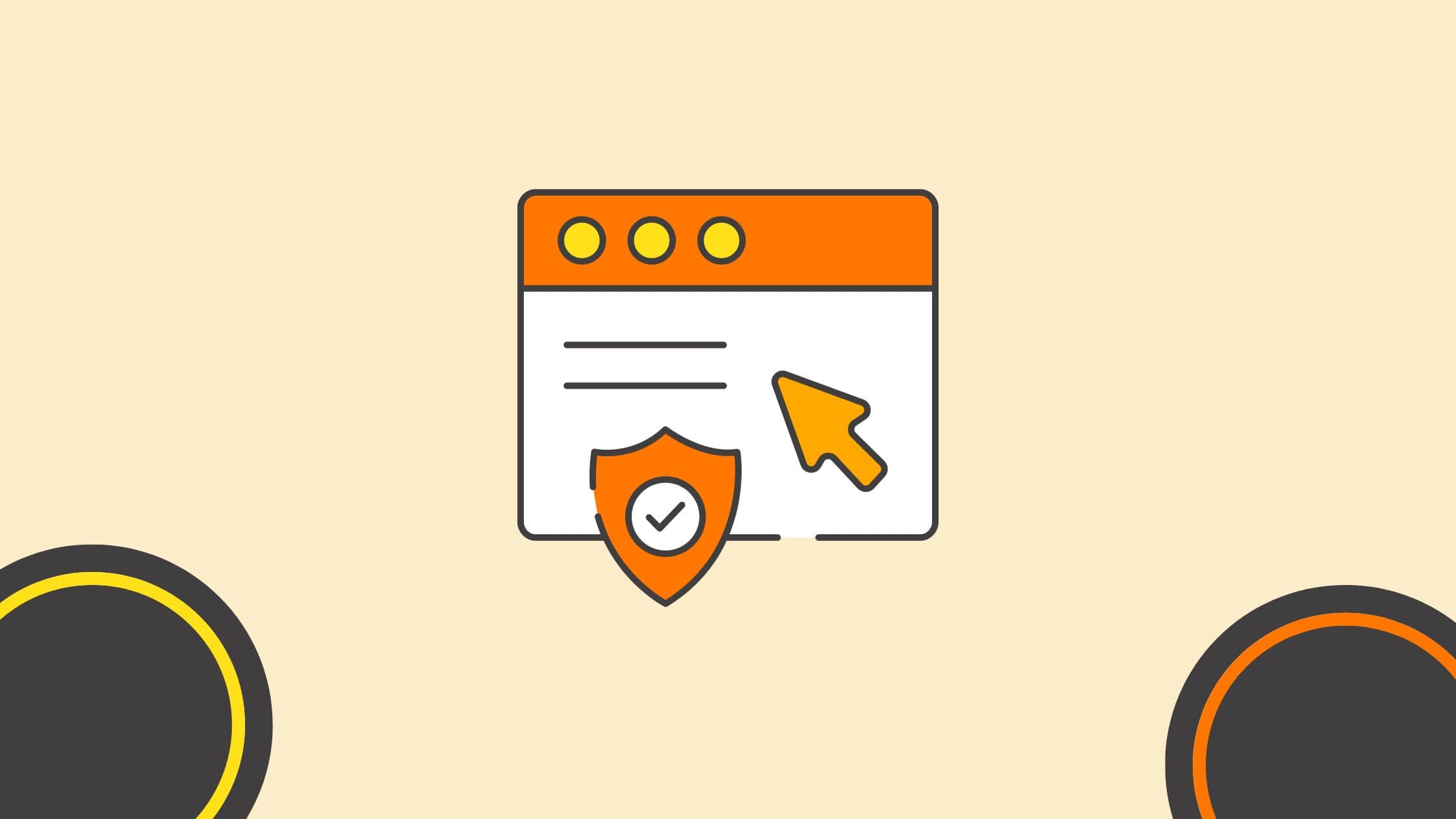Building a Fortress of Trust: Securing Your Ecommerce Website for Client Retention
In the digital age, trust is the currency of e-commerce.
Customers entrust you with their personal information and hard-earned money, expecting a seamless and secure shopping experience. Any breach of that trust can have devastating consequences, leading to lost sales, reputational damage, and even legal ramifications.
But building a secure e-commerce website isn’t just about ticking boxes. It’s a continuous process of implementing best practices, monitoring vulnerabilities, and staying ahead of evolving threats.
This article will delve into the essential steps you can take to secure your e-commerce website and foster lasting client loyalty.
Chapters
The Bedrock of Security: Laying the Foundation

- Secure your infrastructure: Choose a reliable web hosting provider with a proven track record of security. Ensure they employ industry-standard security measures like firewalls, intrusion detection systems (IDS), and DDoS protection.
- Solidify your coding: Use secure coding practices and regularly update your website plugins and software. Outdated software can be riddled with vulnerabilities, making it a prime target for attackers.
- Encrypt all data: Implement Transport Layer Security (TLS) encryption on your website to protect data in transit between your server and your customers’ browsers. This ensures sensitive information like credit card details and login credentials remain unreadable even if intercepted.
- Strengthen your passwords: Enforce strong password policies for both customers and employees. Promote the use of unique, complex passwords and encourage regular password changes. Consider multi-factor authentication (MFA) for added protection.
Fortifying the Walls: Implementing Proactive Measures
- Regular vulnerability scans: Don’t wait for a breach to discover vulnerabilities. Conduct regular penetration testing and vulnerability scans to identify and patch any weaknesses in your website’s security.
- Web application firewalls (WAFs): Deploy a WAF to act as a security shield, filtering out malicious traffic and protecting your website from common web application attacks like SQL injection and cross-site scripting (XSS).
- Data security solutions: Invest in data loss prevention (DLP) and data encryption solutions to protect sensitive customer information stored on your servers. Encryption ensures that even if data is breached, it remains unreadable to unauthorized individuals.
- Dark web monitoring: Stepping into the shadows, dark web monitoring services can scan underground marketplaces and forums for your stolen data. This proactive approach allows you to take swift action if your customer information is compromised.
Dark Web Scan: Shining a Light on the Shadows
The dark web, a hidden network of websites accessible only through specialized software, is a haven for cybercriminals. They trade stolen data, including credit card details, login credentials, and personal information. Dark web monitoring can shed light on these dark corners, scanning forums and marketplaces for your data. If your information is found, you’ll be alerted immediately, allowing you to:
- Warn affected customers: Promptly inform impacted customers about the breach and advise them to change their passwords and monitor their accounts for suspicious activity.
- Take mitigation measures: Quickly deactivate compromised accounts and implement stricter security measures to prevent further breaches.
- Protect your brand reputation: A proactive response to a data breach can help minimize reputational damage and demonstrate your commitment to customer security.
Beyond the Walls: Building Trust and Loyalty

Security is just one piece of the puzzle. Building client retention requires fostering a culture of trust and transparency. Here are some additional tips:
- Be transparent about your security practices: Clearly communicate your security measures and data privacy policies to your customers. This demonstrates your commitment to protecting their information.
- Provide a secure checkout process: Make sure your checkout process is secure and easy to navigate. Offer multiple payment options and ensure PCI compliance to handle credit card data safely.
- Invest in customer support: Responsive and helpful customer support is crucial for building trust and resolving any security concerns your customers may have.
- Regularly educate your customers: Educate your customers about online security best practices and phishing scams. This empowers them to protect themselves and stay vigilant.
Conclusion: Security is an Ongoing Journey
Securing your e-commerce website is not a one-time feat but an ongoing journey. By implementing the measures outlined above, including utilizing dark web monitoring, you can build a fortress of trust and safeguard your customers’ information. Remember, building client retention is a marathon, and security is the sturdy track that keeps you on the path to success. Invest in your website’s security, and watch your customers return for more, confident in the knowledge that their trust is your most valuable asset.
Author Bio
 I’m Erika Balla, a Hungarian from Romania with a passion for both graphic design and content writing. Following the completion of my studies in graphic design, I discovered a second passion in content writing, particularly in crafting well-researched, technical articles. I derive joy from dedicating hours to reading magazines and collecting materials that inspire the creation of my articles. What sets me apart is my love for precision and aesthetics. I am committed to delivering high-quality content that not only educates but also engages readers with its visual appeal. I bring a unique perspective to my writing, actively immersing myself in this field to produce articles that illuminate complex concepts and present them in a clear and accessible manner.
I’m Erika Balla, a Hungarian from Romania with a passion for both graphic design and content writing. Following the completion of my studies in graphic design, I discovered a second passion in content writing, particularly in crafting well-researched, technical articles. I derive joy from dedicating hours to reading magazines and collecting materials that inspire the creation of my articles. What sets me apart is my love for precision and aesthetics. I am committed to delivering high-quality content that not only educates but also engages readers with its visual appeal. I bring a unique perspective to my writing, actively immersing myself in this field to produce articles that illuminate complex concepts and present them in a clear and accessible manner.
Master the Art of Video Marketing
AI-Powered Tools to Ideate, Optimize, and Amplify!
- Spark Creativity: Unleash the most effective video ideas, scripts, and engaging hooks with our AI Generators.
- Optimize Instantly: Elevate your YouTube presence by optimizing video Titles, Descriptions, and Tags in seconds.
- Amplify Your Reach: Effortlessly craft social media, email, and ad copy to maximize your video’s impact.